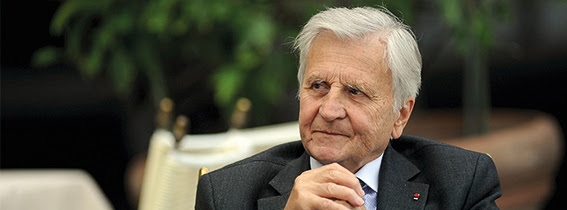Trichet calls for ‘progressive, orderly change’ in reserve currencies, and more

THE WEEKEND REVIEW – OMFIF
Latest opinion and analysis from OMFIF around the world
19-23 July 2021, Vol.12 Ed.29
Most-Read Commentary
Trichet calls for ‘progressive, orderly change’ in reserve currencies: Jean-Claude Trichet, former president of the European Central Bank, has warned that the global financial system requires an orderly transition to a potential changing mix of reserve currencies, while welcoming central banks’ clearer focus on combatting climate change. Trichet was speaking at the launch of the eighth annual Global Public Investor, published on 21 July by OMFIF. The report includes a study of the asset allocation plans of reserve managers, sovereign funds and public pension funds with a combined $42.7tn in assets under management, write David Marsh and Clive Horwood.
| Commentary Harnessing decentralised finance innovation for the public good: The hype surrounding decentralised finance has focused on exchanges, staking, yield farming and non-fungible tokens, but the often ignored stable coin market continues to enjoy record growth. One of the major drivers of this has been the denomination of crypto assets in stable coins, writes Kenneth Bok. Read more. Podcast Ahead of the ECB: Athanasios Orphanides, professor of the practice of global economics and management at the Massachusetts Institute of Technology’s Sloan School of Management, joins Ellie Groves to discuss the European Central Bank’s strategy review and its potential consequences for the July monetary policy announcement. Listen. |
| Video GPI 2021 launch: The renminbi is on course to become much more influential in the global financial system as central banks add the Chinese currency to their reserve assets, reveals OMFIF’s Global Public Investor. The report examines how central banks are embracing riskier assets, new currencies, and a more holistic understanding of asset ownership. Watch the video. Commentary Five reasons why German election is turning greener: Devastating floods and the European Central Bank’s plans to resist premature monetary tightening will sharpen arguments about the right mix of fiscal and monetary policy as Germany heads into complex political skirmishing ahead of the parliamentary poll on 26 September, writes David Marsh. Read more. |





